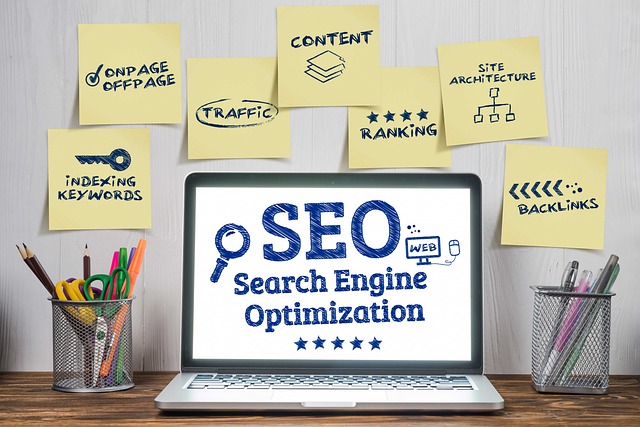5 Ways to Improve your Website’s SEO
Improving your website’s SEO (Search Engine Optimization) is essential for increasing visibility, attracting more organic traffic, and ranking higher on search engine results pages (SERPs). Here are five effective ways to boost your website’s SEO:
1. Optimize Your Content with Relevant Keywords
Keyword research is the foundation of any SEO strategy. Identify the words and phrases that your target audience is searching for, and strategically incorporate them into your website’s content. This includes blog posts, product descriptions, meta descriptions, and headings. Use tools like Google Keyword Planner, SEMrush, or Ahrefs to find high-traffic, low-competition keywords relevant to your industry. Remember, keyword stuffing can harm your ranking, so aim for natural inclusion that enhances the content’s value.
2. Improve Website Speed and Performance
Page load speed is a significant factor for SEO rankings. Websites that load faster provide a better user experience and are favored by search engines like Google. Use tools such as Google PageSpeed Insights to identify performance bottlenecks and get suggestions on improving speed. Common fixes include compressing images, minifying CSS and JavaScript files, and using a content delivery network (CDN). A faster website leads to lower bounce rates and higher engagement, both of which positively impact SEO.
3. Mobile Optimization
As mobile internet usage continues to rise, Google places great emphasis on mobile-friendly websites. Ensure that your website is fully responsive, meaning it automatically adjusts its layout and functionality to fit various screen sizes, from smartphones to tablets. You can test your website’s mobile-friendliness using Google’s Mobile-Friendly Test tool. A mobile-optimized website provides a better experience for users and improves your SEO, as search engines rank mobile-friendly sites higher in search results.
4. Create High-Quality, Engaging Content
Content quality is a major ranking factor for SEO. Search engines prioritize websites that offer valuable, relevant, and well-researched content. To improve your SEO, focus on creating in-depth articles, guides, and blog posts that solve problems for your audience. Keep content fresh and regularly updated, and use multimedia such as images, videos, and infographics to enhance user engagement. Longer, well-crafted content often ranks higher and keeps users on your site longer, reducing bounce rates and boosting SEO.
5. Build High-Quality Backlinks
Backlinks—links from other reputable websites to yours—are one of the most important SEO ranking factors. The more high-quality, relevant backlinks your website has, the more authority it gains in the eyes of search engines. Focus on earning backlinks through guest blogging, collaborations, and sharing content that naturally attracts links. Avoid low-quality link-building tactics, such as purchasing backlinks, as they can lead to penalties. Building a strong backlink profile helps improve your website’s domain authority and search engine rankings.
By optimizing your content with relevant keywords, improving your website’s performance, ensuring mobile-friendliness, creating engaging content, and building high-quality backlinks, you’ll significantly boost your website’s SEO. Regularly monitor your SEO efforts and adapt your strategies to stay ahead of changes in search engine algorithms.






